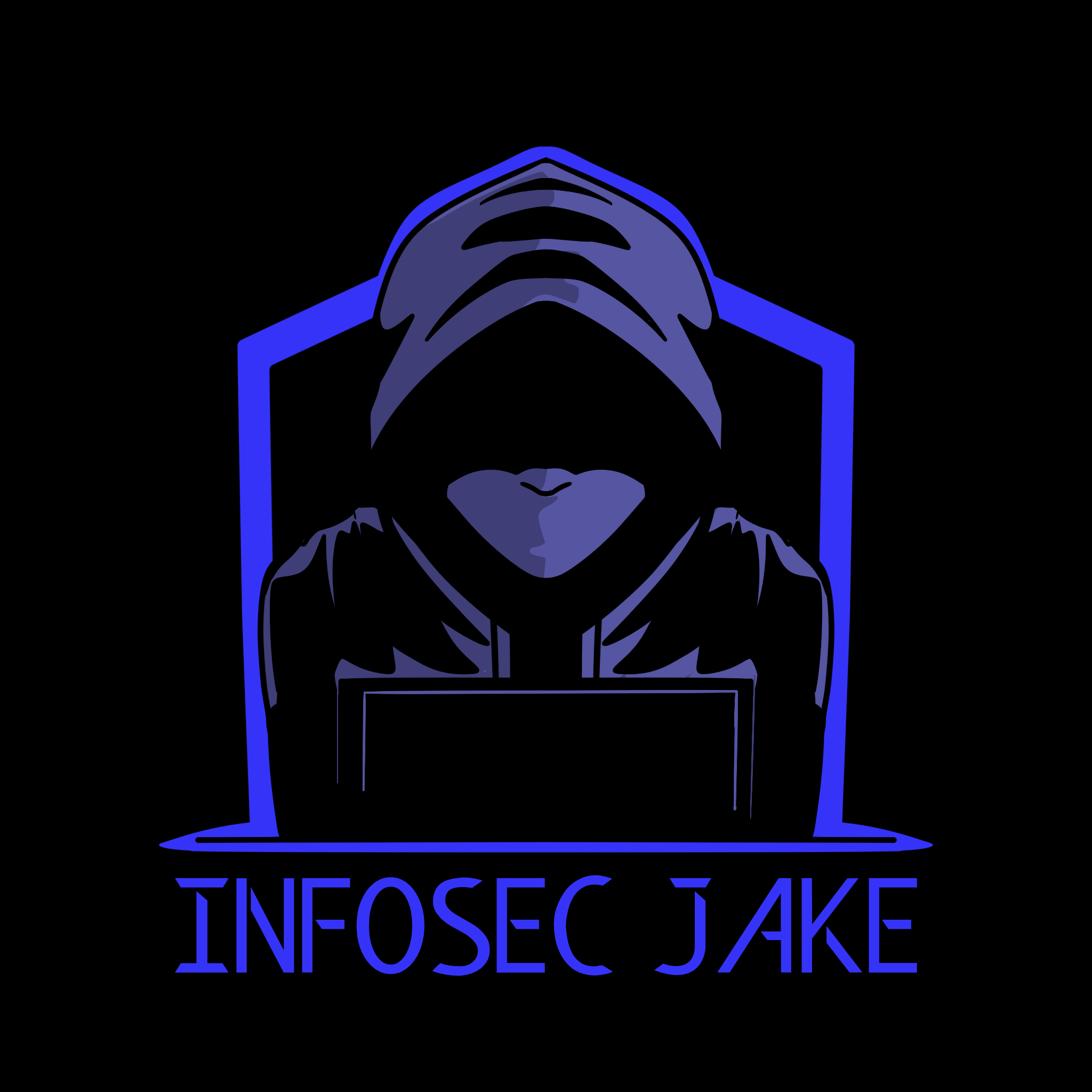One of the most overlooked skills are the soft skills necessary to have a fruitful career in any industry, not just InfoSec. You could be a genius but have absolutely horrible people skills to where nobody wants to work with you. Have you ever worked with someone who was so abrasive to everyone around them that your entire team disliked the person? People skills are important, especially to a successful career.
Understanding how to communicate:
So, where do we start? One of the best courses I’ve taken, to date, was the Birkman Method. If you’re unfamiliar with this, it’s essentially a personality test that really helps you understand yourself and others around you. The test reviews your needs, interests, usual behavior, and stress behavior. What is stress behavior? Well, how you respond to stress.
I do understand that not all people will be able to take something like the Birkman Method, as I took it as part of a team activity at work. However, it did help me realize that people interact to the way you address them differently. For example, some people prefer to have direct instructions on what they need to do. Others, would like you to phrase your request in a less direct method, such as a polite request. Some people need routine confirmation that they’re doing well and that their work is appreciated. Others, would not like this type of recognition, but would perhaps respond better to public praise. As this isn’t a Birkman method course, I’ll add a link below to the Birkman Method so you can review that a little more.
The idea, however, is that everyone is unique and it takes patience and skill to be able to address others in a way that they become receptive to. So why is this important? As an InfoSec practitioner, you WILL have to explain security concerns and concepts to various audiences throughout your career. So, it is very important to understand the human aspect. You will need to change your messaging to fit your audience. Understanding who your audience is is where that skill really comes in to play.
Understanding your audience will be a pivotal part of being a successful communicator within the InfoSec space. You will interact with fellow practitioners, managers, directors, vice presidents, even C-level executives. You will also interact with business partners, customers, and even, potentially, legal representatives. Being able to tailor your message to your audience is crucial. As an example, spouting technical jargon and in-depth information to a c-level executive will not have the same effect as when talking to a fellow practitioner. C-suite executives will be more receptive to high-level overview information, the important aspects of the business, rather than the in-depth information around an issue.
Birkman Method breakdown by WikiJob: https://www.wikijob.co.uk/content/aptitude-tests/test-types/birkman-method-personality-test
Networking from an Introvert’s perspective:
So, now that we have some basic understanding of messaging. What about networking? Well, this is another important soft skill. Yes, it is a skill. I don’t know about you, but I’m an introvert at heart. I enjoy putting my headphones on and my head down when I’m working. However, if I’m always doing this then I won’t have time to network with others. This is a skill that you have to practice. Talk to others in the office, get to know managers of other teams. Take some time to discuss with the manager or team members from other teams about what they do on a daily basis.
Getting face-to-face, or in these times zoom-face-to-face, time is important. It lets these other teams and managers know who YOU are. They get to know what you’re all about, what your interests are, and if you might be a good fit for their team. This can help in the future if a spot comes open, they might just remember you and reach out to you to inquire if you’re available. One of the best ways to do this is to job shadow. Take some time to sit with someone from the team and learn about what they do on a daily basis. Ask questions and learn what tools they use, what skills they look for, and what other things they may look for in a prospective teammate. This type of networking is invaluable. Building those connections will help you throughout your career, especially if they’re in the same company as you.
“You can make more friends in two months by becoming really interested in other people than you can in two years by trying to get other people interested in you. Which is just another way of saying that the way to make a friend is to be one.”
– Dale Carnegie
These soft skills aren’t something that you will learn as quickly as say….Python. They are just as important to your career, though. While you take the time to build your technical skills and knowledge, don’t forget to spend time working on your interpersonal skills. I will also add some links in Part 6 for interpersonal skill building that can help you through your journey.
As always, I hope that this post helped you. Please feel free to comment below with any feedback that you might have. Best of luck to you!
